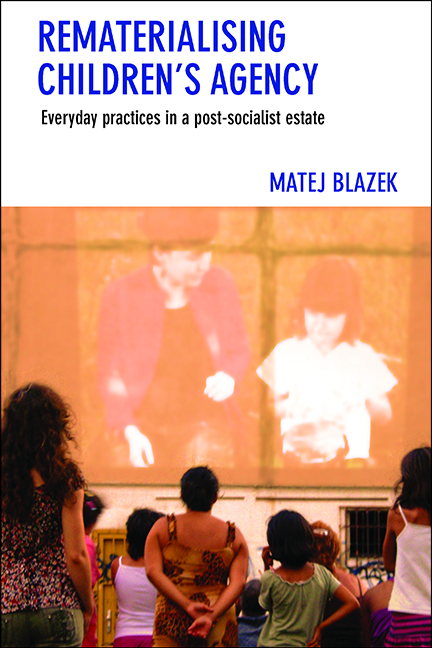ten - Friendship
Published online by Cambridge University Press: 01 September 2022
Summary
‘Hi, I’m Matej.’
‘Hi, I’m Ronald. Will we be friends?’
(My first meeting with Ronald, aged 9, October 2008)
I was taken aback by the easiness of Ronald’s question but, not seeing any better reaction, my answer was “Yes, we will.” I also made a mental note to find out what exactly Ronald meant by “being friends” (if anything specific at all) – that is, what commitment I had just made – and whether this would be a meaning widespread across the neighbourhood.
Ronald was a boy who struggled to engage in more complex or sophisticated conversations, but he often surprised me with straightforward and unexpected remarks or questions. Over the next couple of days, Ronald asked me further questions, such as the very frank “Will you protect me?” or a more mysterious “Will you be here?” No further context was given and I was now more careful about replies to these questions, trying to ensure that I first understood what Ronald meant.
I never got to talk to Ronald about what he meant by “being friends”, but we talked a lot about “being here” and “protection”. Ronald was very attached to the Community Centre and he was one of the children whose attachment to me as a worker I felt was perhaps too intense, as he claimed my attention for whole shifts or required physical contact regularly. He often came into conflict with other children and usually left them bruised, but he also struggled to prevent such incidents, often adding fuel to the fire. Hence, while Ronald repeated his request for protection several times, I tried to raise the theme of the behaviour that would prevent conflicts instead.
With experiences such as these, I began to understand (or to think that I understood) what Ronald meant by “being friends” at our first meeting. The theme of safety and protection, but also the very fundamental ongoingness and stability in the relationship, were very important to him due to the number of his conflicts with other children, his lack of skills in coping with such situations and the lack of support he usually received.
- Type
- Chapter
- Information
- Rematerialising Children's AgencyEveryday Practices in a Post-Socialist Estate, pp. 179 - 196Publisher: Bristol University PressPrint publication year: 2015



